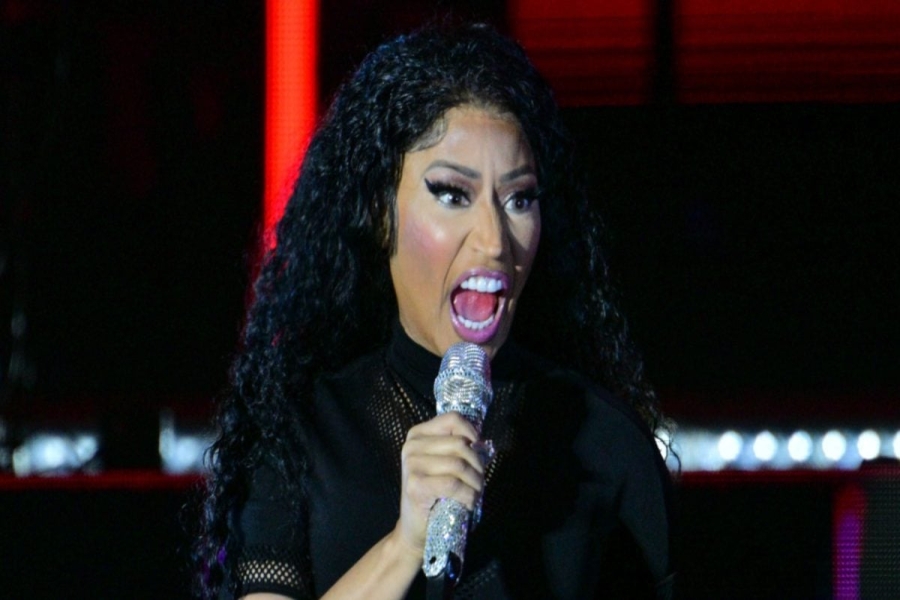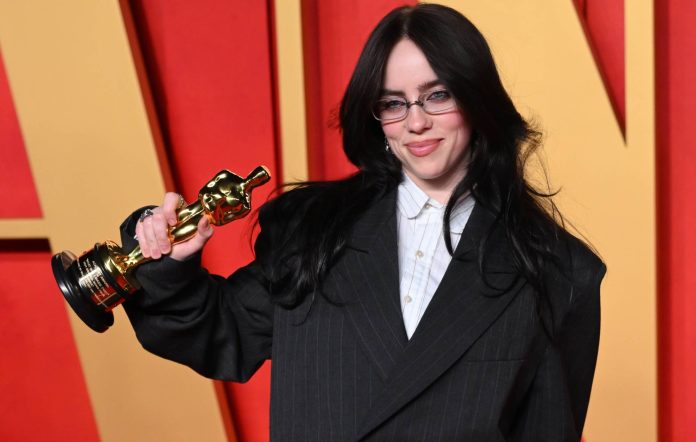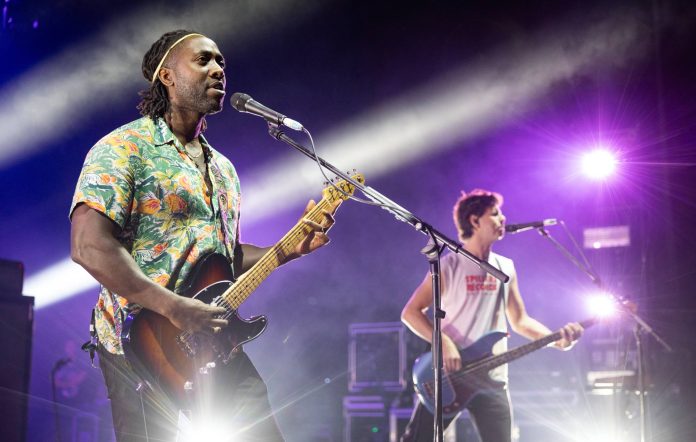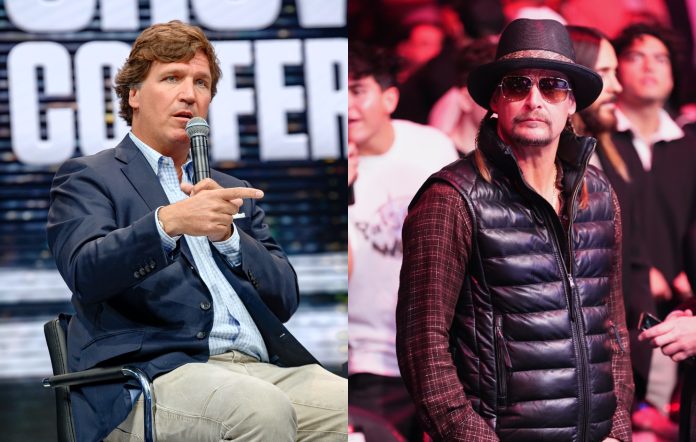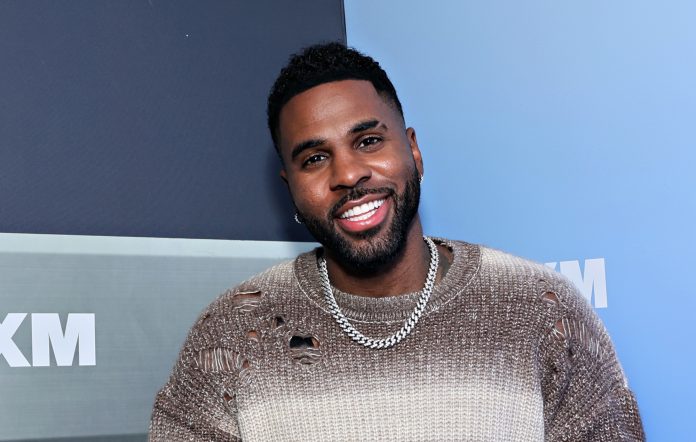On January 28, the Grammy Awards will return to New York City for the first time since 2003. It has taken years of planning to pull off the feat, which includes shifting staff from the Los Angeles-based Recording Academy to New York and finding homes for myriad Grammy-related activities, including MusiCares and the Clive Davis-hosted Grammy party the night before the CBS telecast.
Recording Academy president Neil Portnow detailed for Billboard the process to bring the festivities back east.
Why did it feel important to bring the Grammys back to New York after 15 years away? Was it the push by Mayor Bill de Blasio’s administration?
Oh no, that had nothing to do with it to be honest. The year I was appointed to run the Academy, we were going to be at Madison Square Garden. From the time that that show ended in 2003, I was always thinking about when would it be good and appropriate for us to go back to New York. Not only because that’s what we’d done [before], but if you think of half of the Academy’s membership being east of the Mississippi, it always made sense that we’d figure out how to go back. The reality is that it’s a major undertaking in many respects. One is that we’re West Coast-based so it means moving essentially a majority or good portion [of the staff] back east. No. 2 is the weather. No. 3 is reinventing not just the Grammy telecast, but the whole week we’ve developed. In New York there’s lots of challenges to do that.
It’s also considerably more expensive, up to $8 million more to produce the show in New York, right?
It’s way more expensive to do anything in New York. We have to figure that out because as a not-for-profit, I don’t have those funds necessarily sitting around to do something like that and neither would I expect [CBS] to change the licensing fee. All of those things factored in. The second thing that happened was the recession. That was an additional challenging piece that made me think this isn’t a good time for us to mount what it’s going to take to pull that off. But then as the sun started to break through the clouds as far as the economy was concerned, I saw on our horizon the milestone, the 60th anniversary, and I thought that’s a good occasion for us to be in New York.
What was the first step?
I’d started conversations several years ago on looking into the feasibility of this. And if we’re going to be in Manhattan, there’s only one place in the city where we can do this and it’s Madison Square Garden. So if there’s going to be any conversation, it doesn’t really matter all that much who’s sitting in City Hall. What matters is what’s the availability. And here’s the other piece of what we do -- we’re not just coming into town and booking a venue the night before to set up, load in and do the show and leave the following morning. The sports franchises there, those schedules get baked years and years in advance, so moving those kinds of things are a pretty herculean task. That’s what had to be figured out before I could go any further. That’s how that journey really began.
Did you think about Barclays Center in Brooklyn?
Barclays is a fantastic venue. They do a great job. But really for me the Grammys return to New York had to be in Manhattan.
By the time you had your first conversation with Julie Menin, the commissioner of the Mayor’s Office of Media and Entertainment, in February 2016, it sounds like you were already pretty far along.
Well, let’s put it this way, I’d done my homework because to have conversations with the City prematurely would kind of be a waste of everybody’s time.
What role did the Mayor’s office play in helping bring the community together?
In the past when we’ve been in New York, there’s always been a cost differential. New York would establish what it called the host committee and the host committee would, in prior incarnations, involve somebody from the mayor’s office and representatives from the business community who were passionate about having the Grammys back in New York. When we got into exploring doing this in reality, obviously, it’s a different administration, different people and Julie had been appointed to this newly created position having to do with the arts and bringing culture to New York, so we have conversations about how they might be helpful in dealing with issues and concerns and challenges for us so that we could cross the finish line. They pulled together some folks they identified as potentially helpful. We had several meetings to discuss some of the ideas and so on and so forth. They also play another role, which is logistically to pull all of this off there are a variety of things that have to happen in the city that are beyond what have to happen in L.A. -- street closures and all those kinds of things, where they are intending to be helpful... Their relationship with the unions and making a case for the value and importance of our being there, etcetera.
Was there a moment when it wasn’t going to happen?
I don’t think I could pin it down that closely. If you had a graph of my sleep patterns, you’d find a few evenings of highly disturbed sleep. All of these kinds of big events and productions involve a lot of people and a lot of things that have to come together. There are certainly moments where it’s, “Oh, crap, I thought we were all there and now this has popped up.” I certainly had those moments, but I can’t give you one where I thought it was over. I certainly had moments where I thought we’ve certainly got aways to go before I’m confident that we can announce this, but I thought we’d always get there.
When did it came clear to you that it would actually happen?
There’s a point where you have to make a decision about pushing a button and you may not have everything in place and you many not have every element and you may have a fair amount of unknown elements yet to be determined. Yet based on the clock and based on what has to happen for it to move forward, you have to push that button. And I will say this is one of those kinds of situations where the button gets pushed before every single detail is in place. Even as we speak there are things that are left to be done, ironed out, figured out.
You’ve already announced that the Grammys will be back in L.A, in 2019. Do you see a time when the show goes back and forth between New York and L.A. more consistently like it used to?
I think in general it’s good go be openminded. In a sense, New York will be a laboratory for us to look at some things. In terms of going back, I think that’s a topic for the other side of this adventure and we’ll see and take a look at it.


